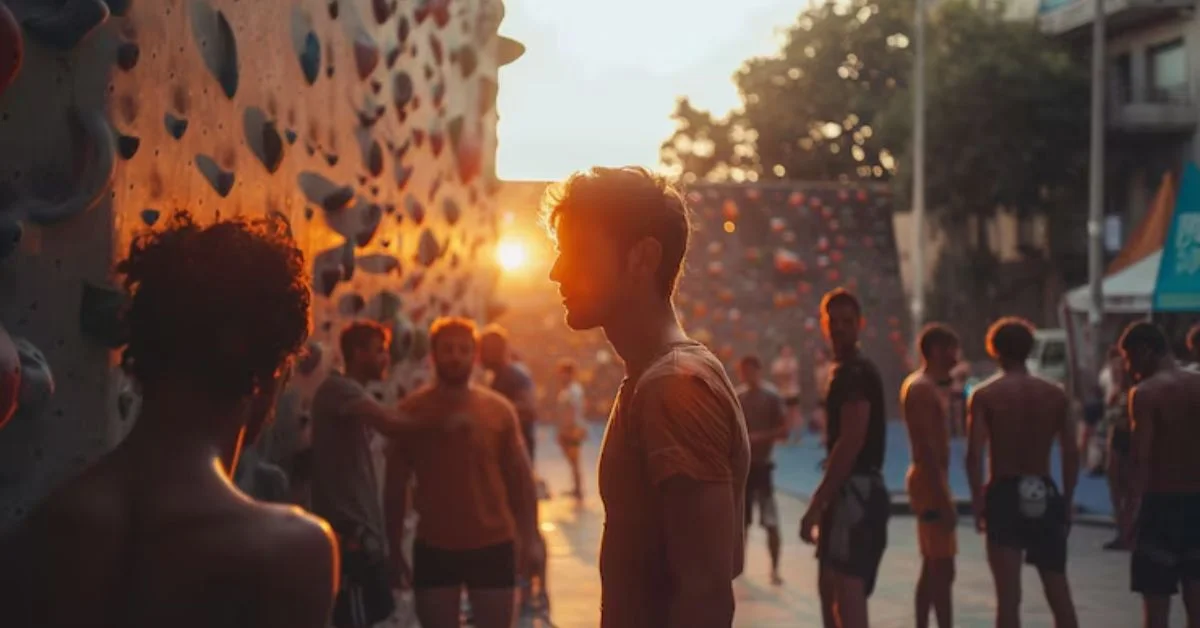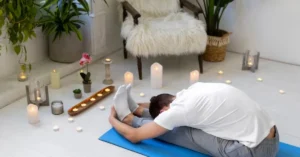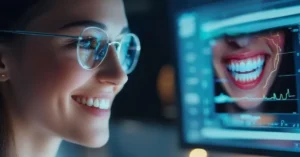In a world increasingly blurred by misinformation, partisan silos, and digital overstimulation, a new kind of organization has quietly taken root. Reality-Movement.org, a platform and collective initiative founded in the early 2020s, is emerging as a nuanced response to a crisis of perception and civic fragmentation. It does not push ideology—it encourages clarity. It is not a political organization—it is a movement of thought and reality reconciliation.
Reality-Movement.org presents itself as an answer to a key modern question: How do we reconnect individuals with shared reality in a world fractured by alternate facts, algorithmic bias, and hyper-identity? The solution, according to the movement, isn’t technological alone. It’s philosophical, educational, and communal.
Origins: The Need for Reality Anchoring
The seed of Reality-Movement.org was planted in the wake of the global disinformation crisis—fueled by social media echo chambers, AI-generated propaganda, and rising distrust in journalism and science. The founders, a multidisciplinary group of educators, technologists, writers, and therapists, began with one question: What if re-grounding people in shared, evidence-based reality was a civic service?
Reality-Movement.org launched in 2021 as a hybrid digital and in-person model aimed at encouraging nonpartisan truth engagement, critical thinking, and emotional resilience.
Unlike initiatives designed to fact-check or debunk, Reality-Movement seeks a slower, deeper form of intervention: training perception itself. The belief is that our realities are shaped not only by what we consume but how we process, interpret, and share information. The crisis is not just cognitive, but existential.
What Is Reality-Movement.org?
It is best described as a civic-awareness and consciousness platform. Think of it as part public service, part philosophical school, and part activist toolkit. It combines:
- Online courses and guided inquiry exercises
- Local meetups called “Perception Circles”
- A repository of media literacy tools
- Podcasts, zines, and reader-curated newsletters
- Dialogue facilitation frameworks
The goal is not conversion but cognitive liberation—to equip individuals with tools to navigate complexity, discern narratives, and re-engage reality with honesty and empathy.
Key Philosophical Foundations
1. Radical Humility
Reality-Movement encourages a posture of openness: the recognition that we may be wrong, that our worldview is limited, and that truth is often collaborative.
2. Slow Information
In contrast to the dopamine-fueled speed of the attention economy, the movement promotes “slow information”—reading deeply, reflecting often, and resisting reactivity.
3. Dialogue Over Debate
Rather than rhetorical victory, the organization facilitates understanding-driven conversation that centers listening as much as articulation.
4. Embodied Cognition
Members are taught to observe how emotion, identity, and physical state affect perception. Meditation and body-awareness practices are integrated into workshops.
Programs and Participation
1. The Reality Reboot Curriculum
A self-paced digital course guiding users through:
- Epistemology (how we know what we know)
- Information ecosystems
- Personal bias mapping
- Media diet transformation
It includes short films, interviews with philosophers and neuroscientists, and community feedback forums.
2. Perception Circles
Monthly small-group meetings, both online and in person, that follow a facilitated dialogue structure:
- One shared reading or topic
- Check-in rounds
- Critical listening
- Structured sharing and reflection
3. The Media Lab
An evolving archive of:
- Annotated news
- Transparency tools
- Digital hygiene practices
- AI-generated content detectors
Users can contribute articles, tag misinformation patterns, and suggest training prompts.
4. Youth Reality Scholars
A high school–level mentorship and peer-led learning program that teaches media literacy and civic discourse to students.
Community and Membership
Reality-Movement.org operates on a pay-what-you-can membership model to increase access. As of 2025, there are over 200,000 active users globally, with local hubs in 34 cities.
Membership benefits include:
- Access to premium discussion forums
- Monthly salons with guest thinkers
- Discounts on partner publications and workshops
The community is intentionally non-hierarchical. Leadership is distributed, and content is often co-created.
Impact and Reception
Academic institutions and public libraries are beginning to adopt the curriculum. Public health departments and nonprofits have partnered with Reality-Movement for community resilience workshops. The project has also been cited in journals studying post-truth psychology, digital sociology, and trauma-informed education.
Its most tangible impact may be the testimonials from individuals who’ve left extremist echo chambers, rebuilt family relationships, or returned to civic life after years of disengagement.
Criticism and Challenges
No movement is without tension. Critics argue:
- The content is overly abstract for practical application
- The platform may attract a self-selecting, already-engaged demographic
- Its tone risks elitism or intellectualism
Reality-Movement.org has responded by simplifying materials, expanding to underserved regions, and creating facilitator training programs aimed at diverse groups.
Reality-Movement.org in 2025: A Snapshot
| Feature | Description |
|---|---|
| Active Users | 200,000+ globally |
| Languages Offered | English, Spanish, French, Hindi, Arabic |
| Top Tools | Reality Reboot, Media Lab, Perception Circles |
| Strategic Partners | Libraries, schools, peacebuilding orgs |
| Platform Model | Nonprofit, donation-based, open-source content |
Conclusion
In a decade defined by digital confusion and ideological polarization, Reality-Movement.org represents a quiet but forceful countercurrent. It isn’t selling clarity, but cultivating it. It doesn’t preach truth, but trains people to meet it where they are, thoughtfully and critically.
If there is a future for democratic discourse, for shared reality in a fractured world, it may depend on exactly these kinds of interventions—grounded in humility, community, and a slow reclaiming of our attention.
Reality-Movement.org does not claim to own the truth. Instead, it invites you to find your way back to it—with others, not alone.
Frequently Asked Questions (FAQs)
1. What exactly does Reality-Movement.org do?
It provides courses, tools, and community spaces to help individuals improve critical thinking, media literacy, and reality-based dialogue.
2. Is the organization political?
No. Reality-Movement.org is explicitly nonpartisan and focuses on perception, information processing, and communal understanding—not ideology.
3. Do I need to pay to join?
No. Membership operates on a pay-what-you-can model, ensuring access regardless of financial status.
4. Can educators use its materials in schools?
Yes. The curriculum is open-source and designed for adaptation in classrooms, libraries, and youth programs.
5. How is Reality-Movement.org different from a fact-checking site?
It doesn’t fact-check specific news. Instead, it trains users to understand how truth is filtered, shaped, and shared in the first place.
For more information, click here.









